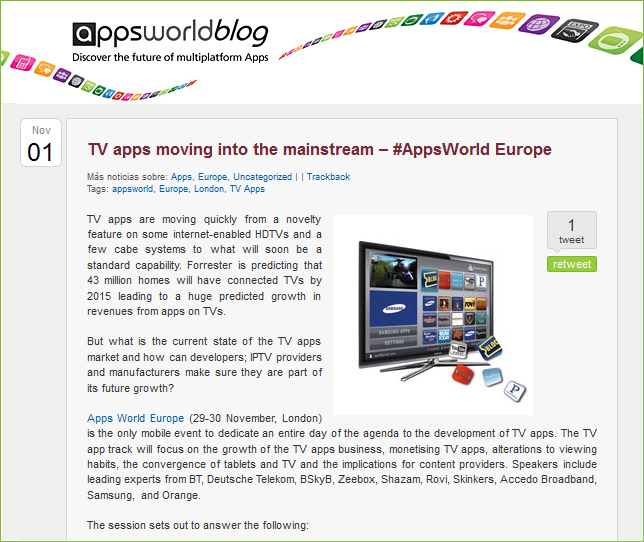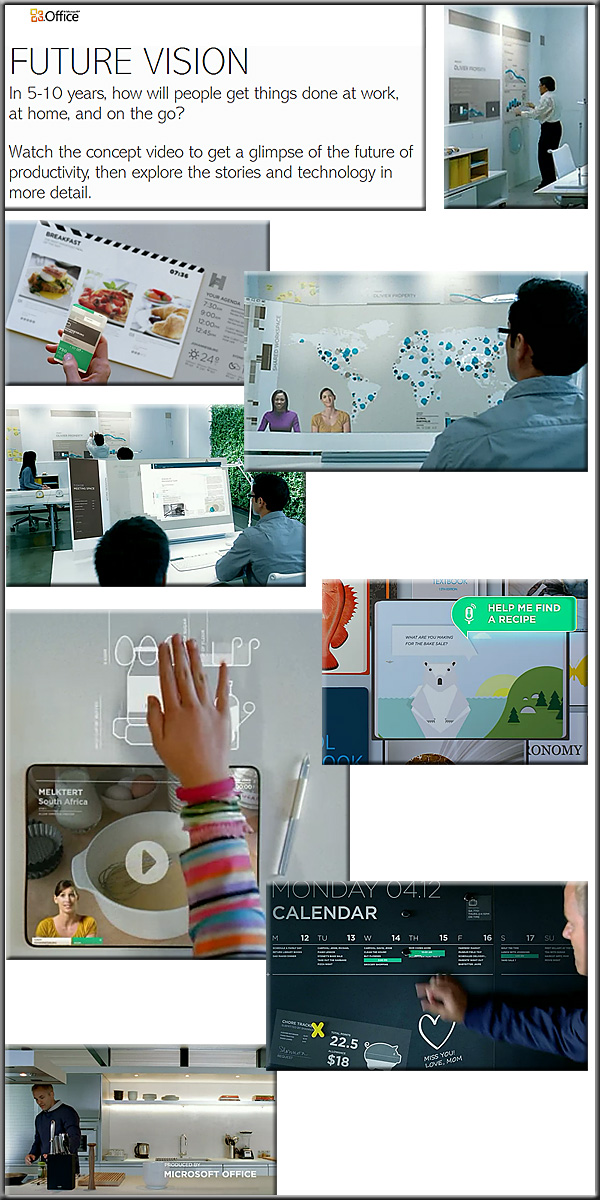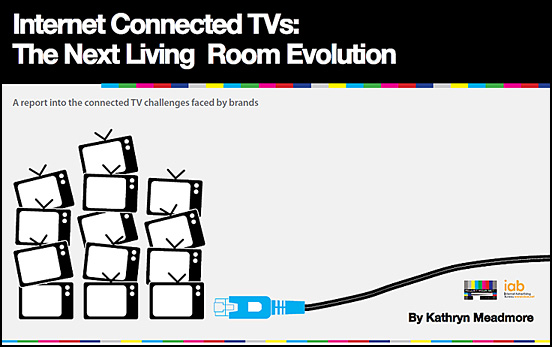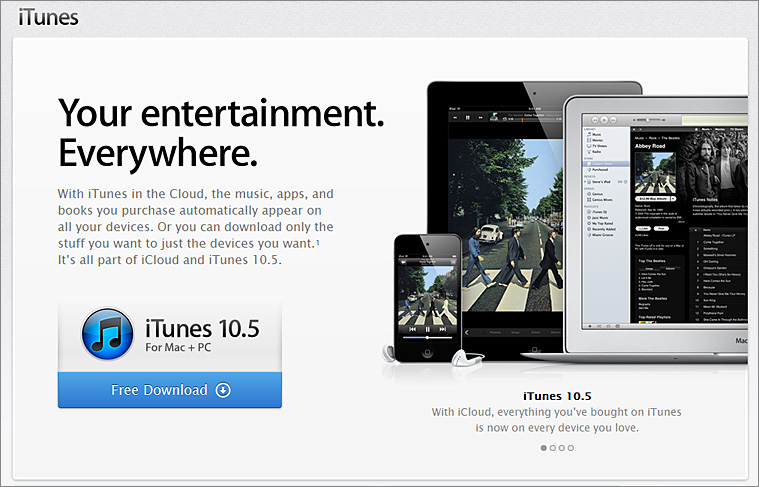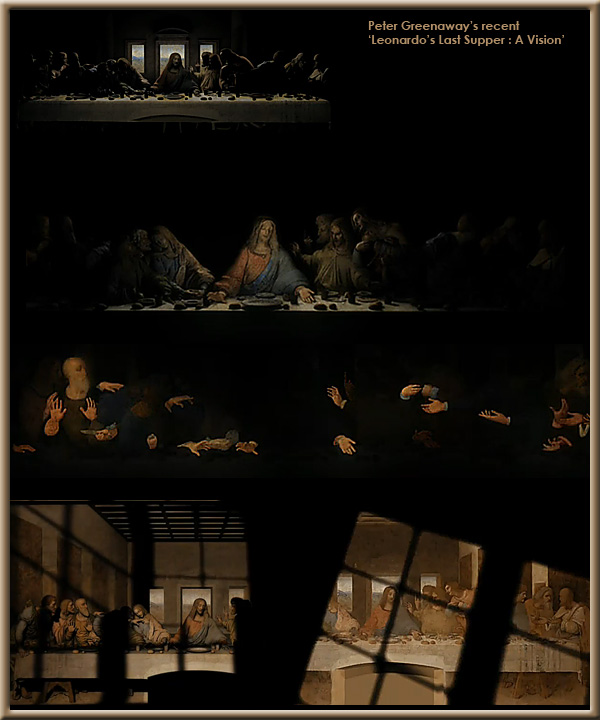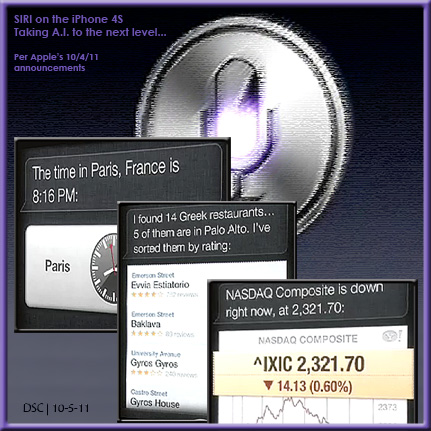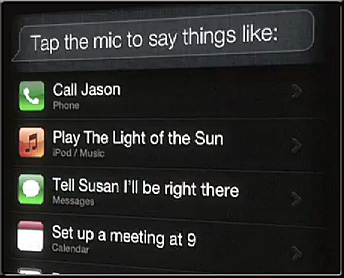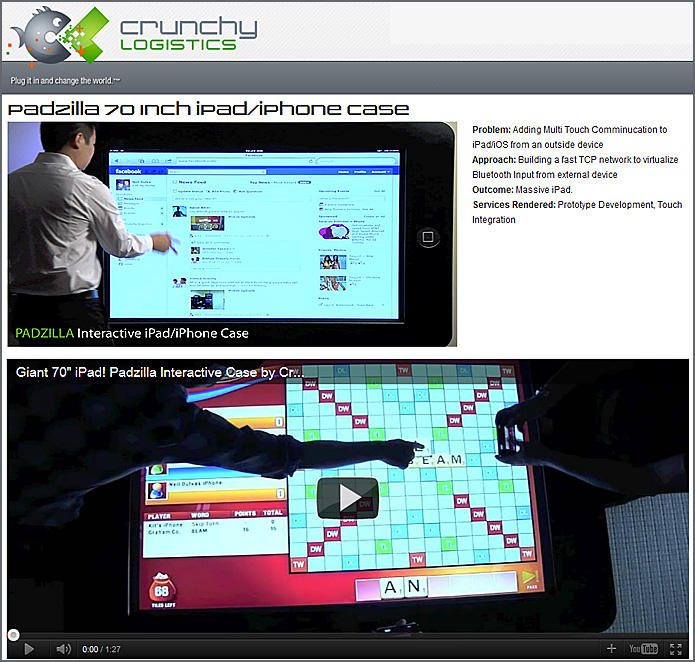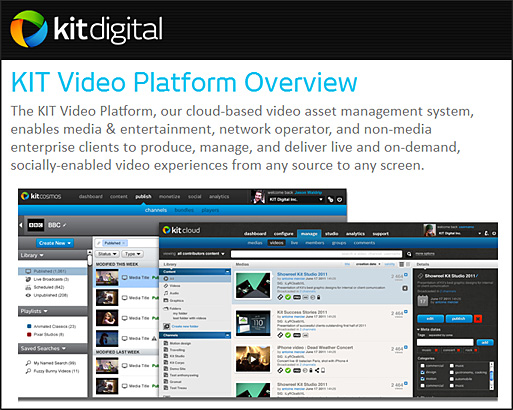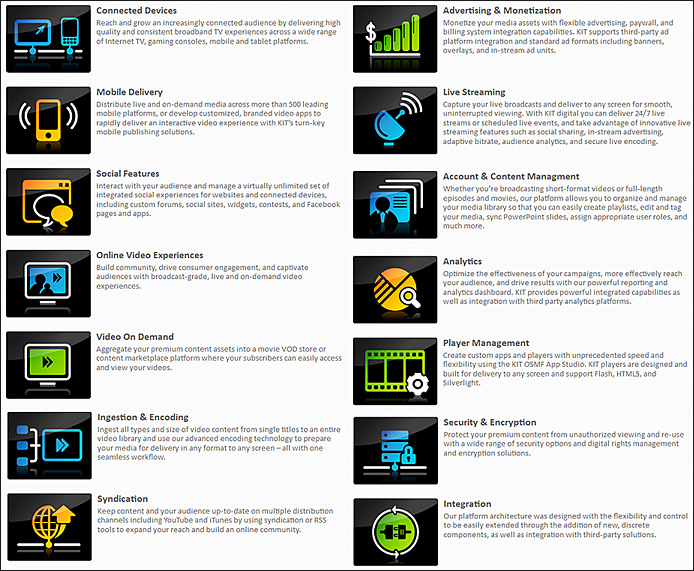Apple plans to revolutionize your living room next, just as Steve Jobs wanted — from readwriteweb.com by John Paul Titlow
Excerpt:
 “I finally cracked it,” Steve Jobs told his biographer Walter Isaacson just months before his death. He was referring to the design and functionality of television, something Jobs had long wanted his company to reimagine.
“I finally cracked it,” Steve Jobs told his biographer Walter Isaacson just months before his death. He was referring to the design and functionality of television, something Jobs had long wanted his company to reimagine.
In the official biography of the late Apple founder that came out today, one of the last topics discussed before Isaacson touches on Jobs’ summer 2011 resignation is how he had hoped to revolutionize the television set.
From DSC:
Interesting thing about those who innovate…sometimes, others come to them in the hopes that the innovative company will create an X, Y, or Z product line. Jobs and Ives, by being known as two of the top heads of an innovative company, had an army of people contributing ideas to Apple (and many of them doing so freely through the years).
So I also give credit to those encouraging Apple to take certain approaches, for submitting potential ideas and suggestions, and for those employees/contractors/suppliers who are working at (or on behalf of) Apple who are working hard to bring those ideas/visions to fruition (Jeff Robbin comes to mind). Jobs most likely didn’t come to cracking this thing on his own.
Seven ways an integrated Apple TV could change everything — from forbes.com by Louis Bedigian
Sony expects “fight for the living room” — from warc.com
Excerpt:
TOKYO: Sony, the electronics group, believes it is in a “fight for the living room” not only with traditional rivals like Samsung and LG, but also with new players in the TV arena, such as Apple and Google.
PlayJam Closes Round A Financing for $5 million from Adobe, GameStop and Endeavour for Connected TV Games — from http://appmarket.tv by Richard Kastelein
One More Thing….Does Jobs Have a Final Trick Up His Sleeve? — from http://digitallivingroom.com
Apple Could Release TV Set in 2012 [REPORT] — from Mashable.com by Lauren Indvik
Google TV reboot expected imminently — from informitv.com
Excerpt:
The release of Google TV 2.0 is imminent. It was supposed to be available in the United States before the end of the summer. Developers were told in May that existing devices would be updated to the version of Android known as Honeycomb, which has already been overtaken by a new release. While the first release of Google TV failed to impress many, the presence of Android applications on television could be the start of something.
Polycom® RealPresence™ Mobile — now for both the iPad and Android-based devices
Take video collaboration mobile with the first enterprise HD software solution for Motorola and Samsung tablets
Polycom® RealPresence™ Mobile is a new, free-to-download software solution that extends our legendary HD video collaboration technology, built on the Polycom RealPresence Platform, beyond the office and conference room to your Apple® iPad® 2, Motorola XOOM™ and Samsung Galaxy Tab™ tablet PCs.
Also see:

On October 12, Polycom president and CEO Andy Miller gave a keynote address during the CTIA Enterprise & Applications™ 2011 conference in San Diego, Calif., discussing video collaboration in today’s mobile society. During his keynote, Andy presented key industry trends, and share how Polycom is delivering video to mobile platforms, extending HD video collaboration technology beyond the office and conference room. The keynote included a live demonstration of a game-changing mobile video solution for enterprises – the Polycom® RealPresence™ Mobile.
The Cloud & HTML5 — Smart TV’s Dynamic Duo — from itvt.com by Edgar Villalpando
Excerpt:
Why is HTML5 so awesome for smart TV?
- HTML5 standards are managed by a non-corporate entity (the W3C), and are non-proprietary.
- HTML5 utilizes the existing skill sets and tools of an enormous, established development community.
- HTML5 is one of the few technologies that receives nearly ubiquitous support from the big players in technology and media alike. Apple, Google, and even Adobe have endorsed it.
- HTML5 allows developers to create one application that will run on many different devices, including TVs, STBs, PCs, tablets and mobile devices.
For the smart TV space, HTML5 will speed app development cycles, reduce development costs, provide a much larger reach, and make integration of apps with the Web, and Web-connected devices, much smoother.
We’re about to exit the Walled Garden era of smart TV, and enter the Smart TV Everywhere era.
One of the “interesting examples of projection mapping” — from kimchiandchips.com
From DSC:
I’ve pulled some of the images from this video into one still piece. Amazing use of light and projection; creates different moods, makes Christ and his disciples around the table appear to be 3D at different points…
Every Online Video Platform (OVP) on the Market: A Reference List — from onlinevideo.net by Troy Dreier
Google spending tons of money turning YouTube into a cable alternative — from dvice.com
Google TV will disrupt television, ready or not — from informitv.com
Excerpt:
Google TV is set to launch in Europe early in 2012, following a reboot in the United States that will help developers to create applications for the platform. Dr Eric Schmidt, the chairman of Google, used his keynote speech at the Edinburgh International Television Festival to call for co-operation with the television industry, between the luvvies and boffins, saying Google seeks to be a friend, not a foe, in addressing an increasingly global opportunity. Yet many in the traditionally territorial television industry may still be wary of geeks bearing gifts, suspiciously viewing Google TV as a Trojan horse at the living room door.
Ixonos Showcases an Interactive Multichannel TV Experience at Intel Developer Forum 2011 — from marketwatch.com
Excerpt:
“More and more television viewers have begun using a computer or a smartphone while watching TV”, says Sami Paihonen from Ixonos’ User Experience Design Centre. “Consumers across age brackets are going online to look up additional information on editorial and commercial content and wanting to share their thoughts and ideas with friends.” To address this, Ixonos has designed a solution that offers a seamless transition between broadcasted content and other online content. For TV viewers, this means a consistent and engaging user experience regardless of which device they use.
“We discovered that TV viewers are constantly looking to enrich their viewing experience by multitasking, and we believe the constant flow of information can be harnessed better for the benefit of TV viewers as well as companies promoting their content. We designed the TV Compass user experience framework to address this need for sharing information”, Sami says.
Cooperation among competing bodies appears possible as TV mulls future direction at IBC2011 — from broadcastengineering.com
IBC Showcases Television’s Future — tvtechnology.com
To cloud the future of television is — from flixya.com









